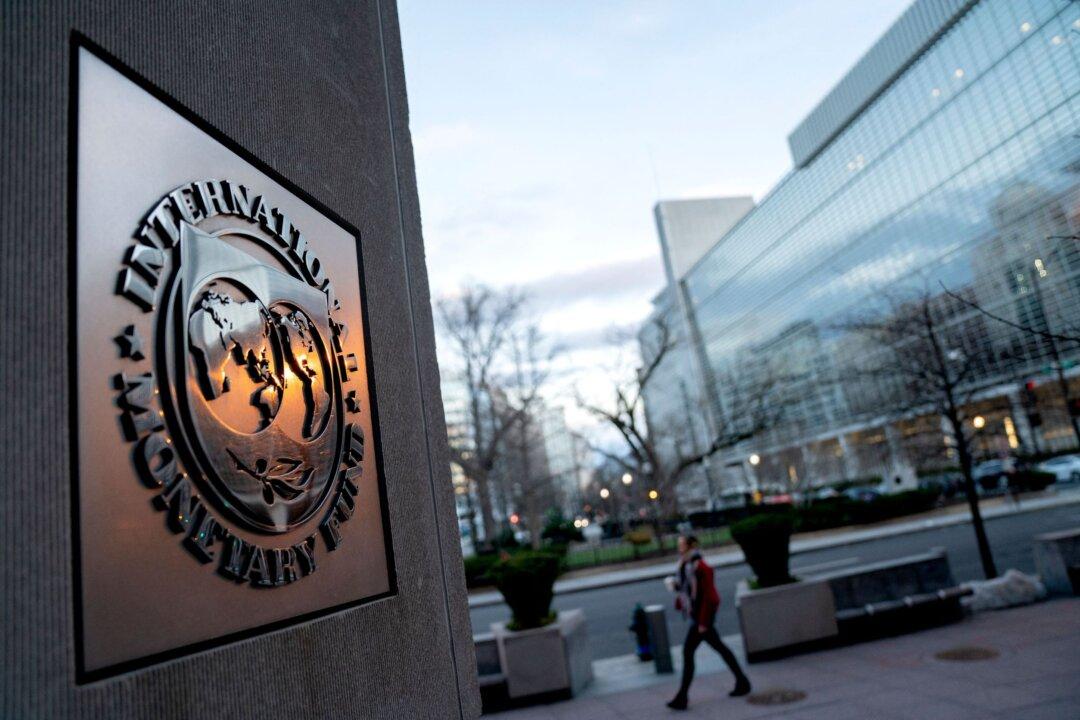The International Monetary Fund cut its global growth forecast for 2023, warning of a potential global recession next year.
The IMF lowered its global growth estimates in its Oct. 11 World Economic Outlook report to 2.7 percent, which is down from its 2.9 percent outlook in July.





